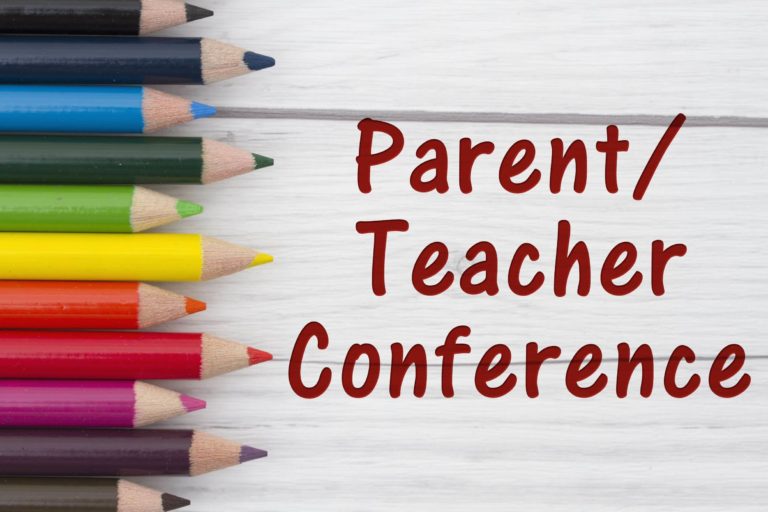Chances are your parent-teacher conference is coming up soon. Whether you’re a new teacher or a seasoned veteran, this semi-regular meeting can have a huge impact on your student’s education and behavior, and it can also be a very stressful event.
Research has shown that parental involvement is a very important factor in a child’s academic success. Take the parent-teacher conference as an opportunity to extend the lines of communication between home and school and develop a strategic plan for your students’ futures. Here are a few tips on how to handle the parent-teacher conference and make the most of this invaluable opportunity.
Come to the Parent-Teacher Conference Prepared
The worst thing that you can do is be unprepared for a parent-teacher conference. The first thing that you should do is send home a questionnaire asking parents if there are any specific concerns they would like to address during the conference.
Next, jot down a few notes on each of your students. Divide your paper into two categories: 1) positives and 2) what the child needs to work on. To be even more organized, create a folder for each child and include evidence of each comment you plan on discussing during the conference. Throughout the year be sure to keep a record of each child’s grades, behavior, or anything else concerning the child. This will be a great reference to use when preparing for a conference.
Always Start and End with a Positive
No parent wants to hear anything negative about their child. It’s always best to start with something positive, then follow it with what the child needs to work on, not what they are bad at.
One of my colleagues said it best when she said, “Think of it like a sandwich: The bottom layer is saying something positive about the student, then the meat of the sandwich is what the child needs to work on, and finish the sandwich off my adding something positive again.”
Make sure to be careful how you phrase your comments. Some parents may take how you phrase something out of context. If you have a hard time thinking of something positive to say, then try saying “___ is doing great at ___ when he/she follows directions in class.” You are simply stating a fact and following that fact with what they are doing. It’s a simple strategy that parents seem to accept.
Don’t Just Explain it, Show it
If you are going to tell a parent that her child needs to work on long division, then you should show them an example of why. If you say that you have seen improvement in a student’s math scores, then be sure to show them tangible evidence of how they have improved. Be able to back up what you say with something tangible so parents can visually see what you are talking about.
Address All Questions, Comments, and Concerns
As the conference comes to an end, give parents time to ask questions or comment on any concerns they may have for their child. This is the time you can learn some inside details about your students that you can use to your advantage in the classroom.
For the most part, parents are willing to share with you. If you encounter a situation where a parent is particularly upset, ask them how they would like the situation to be rectified. Then you can offer a few suggestions of your own.
Continue Communication
Once the conference is over, don’t forget to follow up on any concerns a parent may have had. Schedule another conference, or keep in contact with the parent. This will demonstrate to the parent that you invested in their child and willing to work them.
The key to a successful parent-teacher conference lies within you. You set the tone for how the conference will go. Always be ready to back up anything that you say with concrete evidence or which strategy you will be using. Keep all of these tips in mind, and you will find that your conference will be a productive one.




